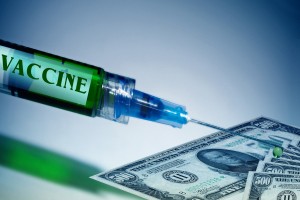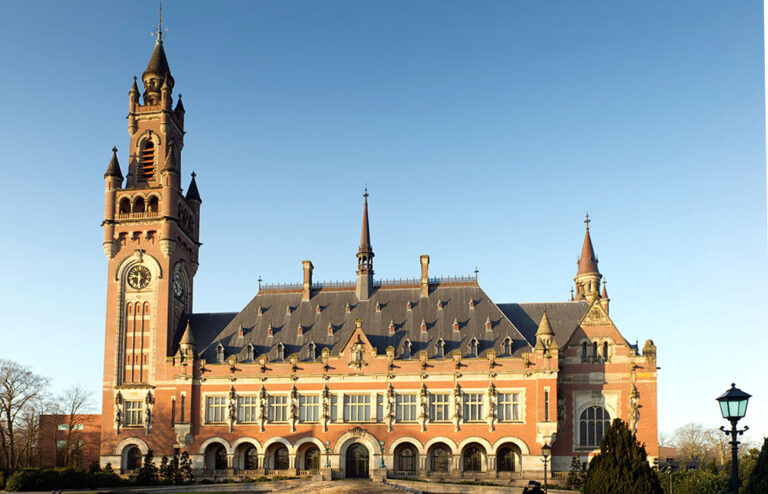
Geneva: The current financing gap for the Access to COVID-19 Tools (ACT) Accelerator stands at 35 billion dollars. The World Health Organisation (WHO) said today that of the 35 billion dollars, 15 billion dollars are needed immediately to exploit the ACT-A progress to fund research and development, scale up manufacturing, secure procurement and strengthen delivery systems.
Next Wednesday, world leaders will be meeting virtually for a high-level side event during the United Nations General Assembly to discuss the work of the ACT Accelerator, and to call for the financial commitments to realize its promise.
It may be mentioned that the Access to COVID-19 Tools (ACT) Accelerator, or the Global Collaboration to Accelerate the Development, Production and Equitable Access to New COVID-19 diagnostics, therapeutics and vaccines, is a G20 initiative announced by pro-tem Chair Mohammed al-Jadaan on 24 April 2020.
US$35 billion is less than 1% of what G20 governments have already committed to domestic economic stimulus packages. Or to put it another way, as WHO Director-General Dr. Tedros Adhanom Ghebreyesus explains, it’s roughly equivalent to what the world spends on cigarettes every 2 weeks.
However, lockdowns and the impact on global travel and trade have already taken a heavy toll and the global economy is expected to contract by trillions of US dollars this year. Many countries have poured money into domestic stimulus packages too. However, according to Dr. Ghebreyesus, these investments will not on their own address the root cause of the economic crisis – which is the disease that paralyses health systems, disrupts economies and drives fear and uncertainty.
“We are not asking for an act of charity. We are asking for an investment in the global recovery. The economic benefits from restoring international travel and trade alone would repay this investment very quickly,” Dr. Ghebreyesus said. He added that the Access to COVID-19 Tools Accelerator was the best bet for speeding up the development of the tools needed to save lives as fast as possible, and to make them available for as many as possible, as equitably as possible.
Dr. Ghebreyesus informed that on September 25, WHO and our partners published a detailed strategic plan and investment case for the urgent scale-up phase of the ACT Accelerator, building on the success of the start-up phase. “The investment case illustrates some of the considerable economic benefits from accelerating the development and deployment of tools to rapidly reduce the risk of severe COVID-19 disease globally,” he said.
According the WHO estimates, by the end of next year, the ACT Accelerator aims to deliver 2 billion doses of vaccine; 245 million courses of treatment; and 500 million diagnostic tests to low- and middle-income countries.
On the vaccine front, COVAX – the largest and most varied portfolio of COVID-19 vaccines globally – which is supporting the development of 9 vaccines, with several more in the pipeline, WHO stated that the number of countries joining the COVAX Facility was growing every day. In informed that as of today, 67 high-income economies had formally joined and another 34 are expected to sign, joining 92 lower-income countries who are eligible for financial support through Gavi.
“Investing in COVAX increases the probability of being able to access the best vaccine and hedges the risk that countries that have entered into bilateral agreements end up with products that are not viable,” Dr. Ghebreyesus said.
– globalbihari bureau





